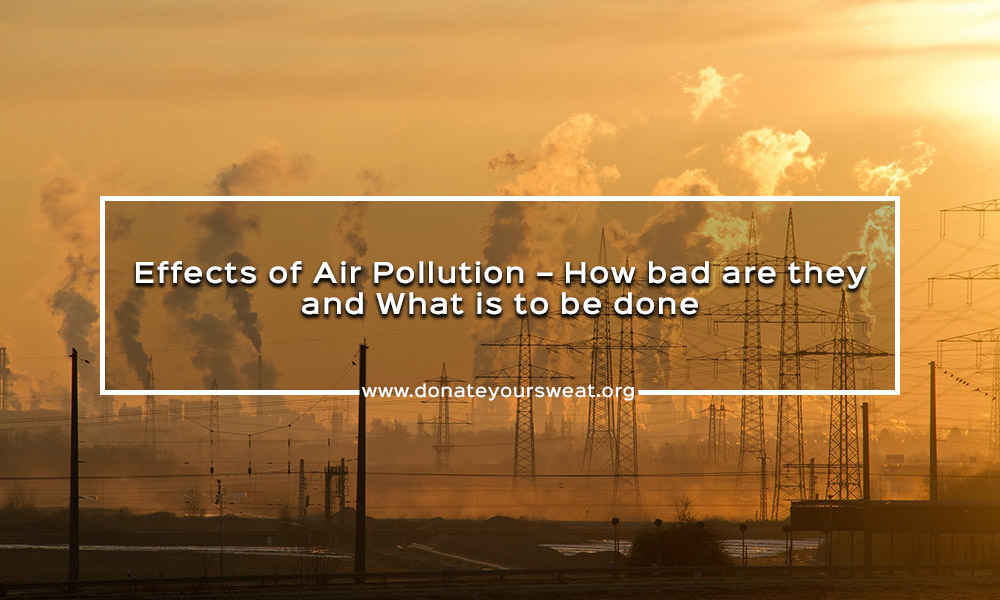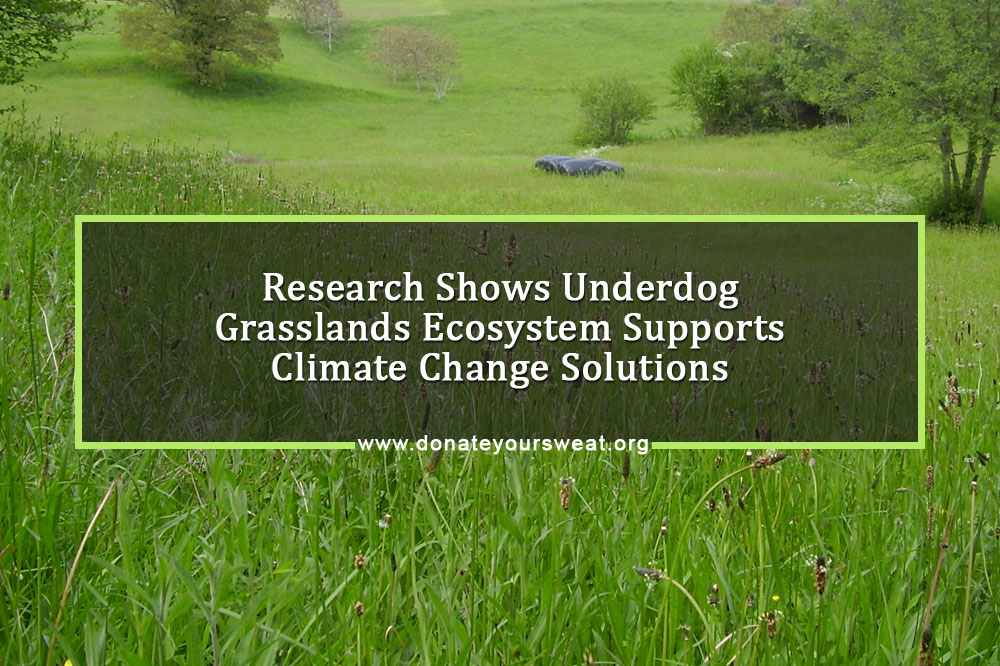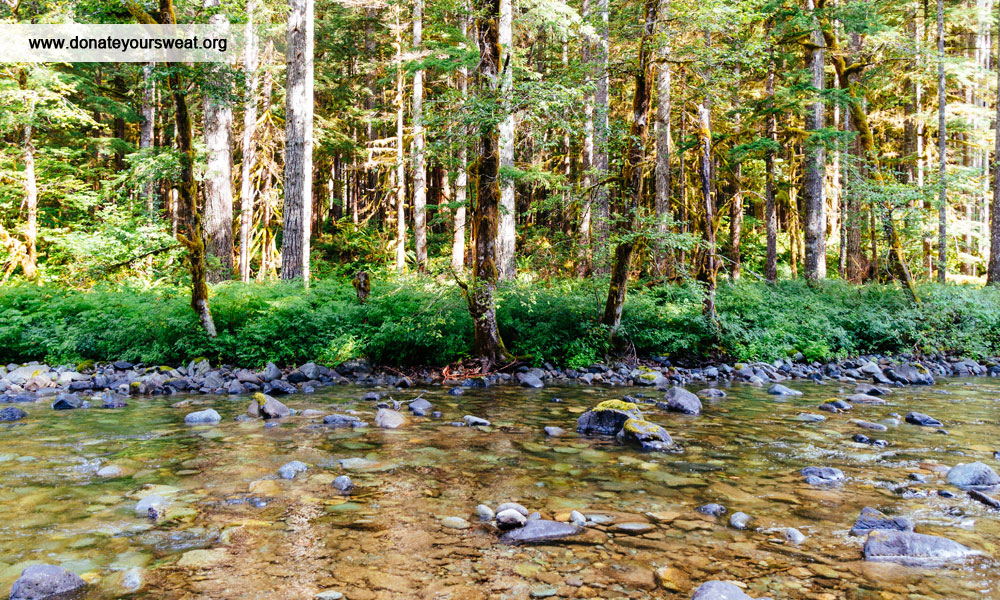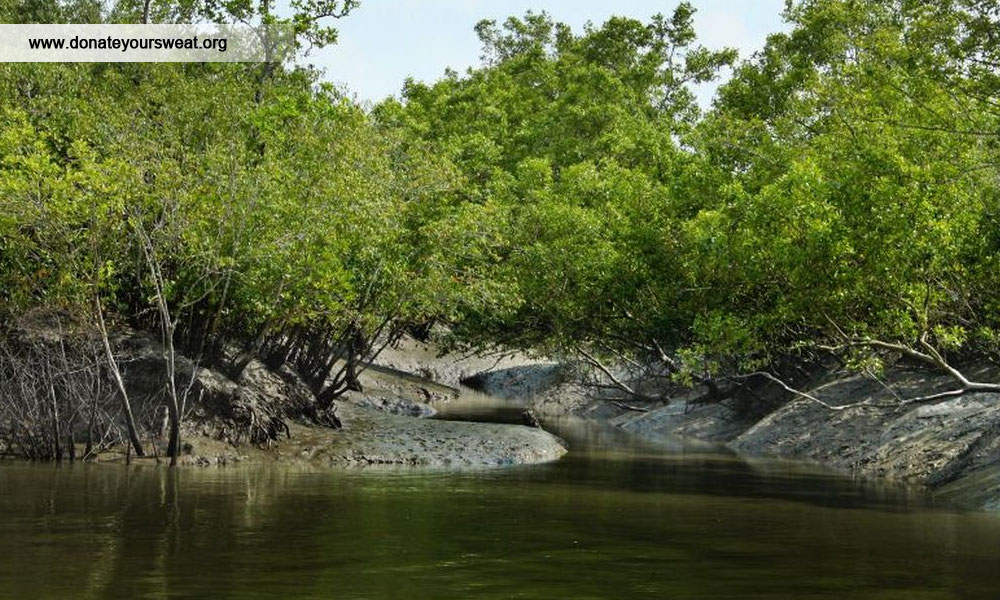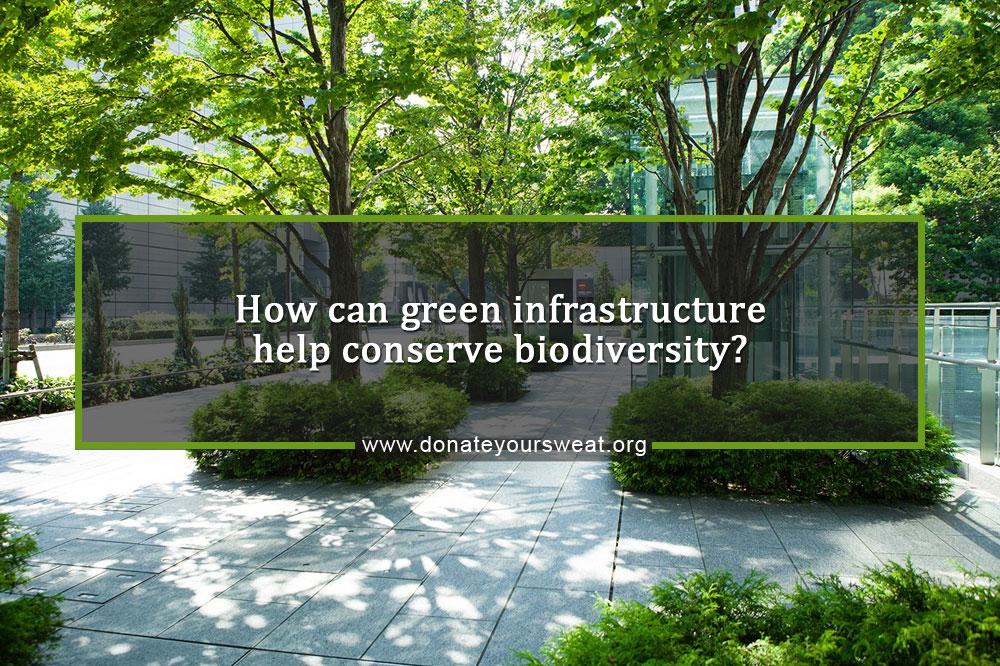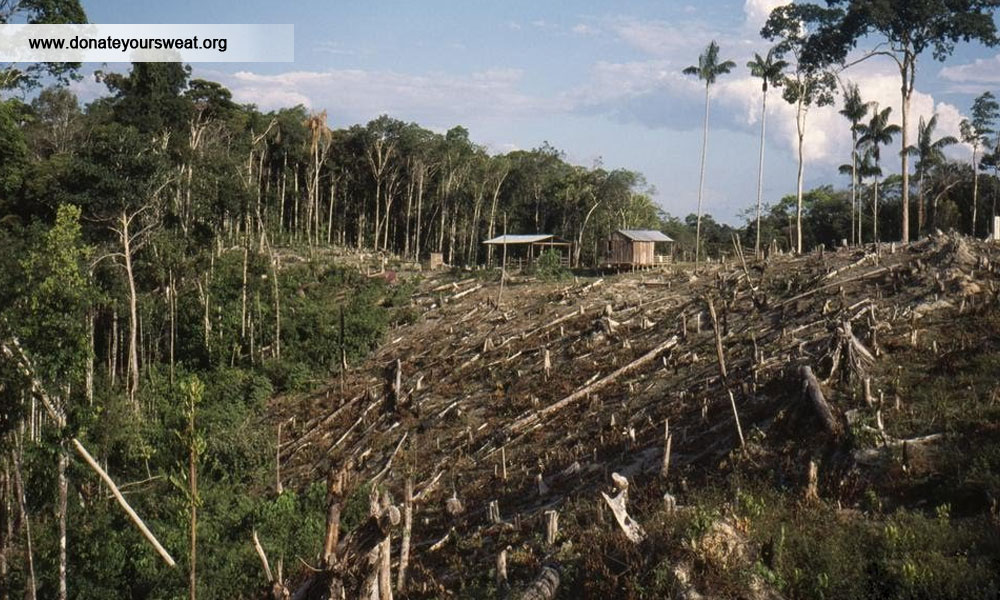Introduction
Whether we realize it or not, damaged air quality has been silently taking its toll on the lives of all human beings as well as the environment.
Polluted air alters lives in many ways including damage to tissues of all living things, human beings, plants, and animals. Damage to the environment is in the form of altered of air quality that we breathe in, amount of precipitation, the rise of atmospheric temperature, increase in particulate matter, ozone layer holes, acid rain, etc., among many others.
This article attempts to detail, in brief, some deleterious effects of air pollution on humans and the environment.
This leads us to understand that the effects of fresh and unpolluted air on the quality of our life can only be understated. Breathing fresh air helps to lower the chances of our systems coming into contact with the harmful pollutants.
Air Pollution – Harmful effects
Respiratory Issues
Air pollution (causes being exhaust from vehicles, factory chemicals, methane from landfills, etc.) adversely affects the respiratory system in human beings. Some of the respiratory issues that can occur in both adults and children include increased incidence of chronic bronchitis and asthma, and, in more severe cases, emphysema and lung cancer.
Effect on Animal and Plant Life
Air pollution can cause a significant amount of damage to the life of animals and plants. Air pollution can cause systemic changes that may give rise to unhealthy changes in the health and cellular structures of both plants and animals. It can cause mass migrations of animals in search of new and less toxic habitats. Toxic deposits on the water surface can negatively affect the health of water animals and plants as well.
Effects of Global Warming
The steady rise in temperature of the surrounding air because of pollution and release of greenhouse gases has increased sea levels because of melting glaciers from the colder regions causing fears of inundation. There will be huge habitat displacement as well as loss of life if corrective measures are not taken on a war footing.
Ozone Layer Depletion
The protective function of the ozone layer to shield us from the harmful rays of the sun has been greatly reduced with its depletion. The ozone layer depletion is owed to the increased amounts of CFCs and hydrochlorofluorocarbons in the atmosphere. This can cause the UV rays to harm plant crops and the skin and eyes of humans and animals.
Eutrophication
Enrichment of an ecosystem, such as on the surface of a lake, with nutrients such as nitrogen (or phosphorus), causing an increase in the bloom of specific algae or phytoplankton is called eutrophication. This causes oxygen depletion affecting animal life in the water which will have ill effects on the related food chains as well.
Acid rain
Excess amounts of sulphur dioxide gas and nitrogen gases released as exhaust into the air during the burning of fossil fuels combine with water droplets to form drops of acid and cause precipitation of acid rain. Acid rain causes extensive damage to animals, humans, and crops.
Why We Must Stop Air Pollution and What We Can Do about It
High concentrations of air pollutants, chiefly hydrofluorocarbons, methane, etc., significantly affect food and water, ecosystems, public health and economic security for huge populations in both direct and indirect ways. Cutting down on even short-lived pollutant emissions have the potential to reduce global warming by as much as 0.6 degrees in the coming decades. Thus, widespread and quick action to cut down on air pollutants is the need of the hour.
Decreasing the amounts of waste generated, walking and using cycles for transportation instead of using vehicles burning fossil fuels are among the most significant methods of reducing air pollution quickly.

